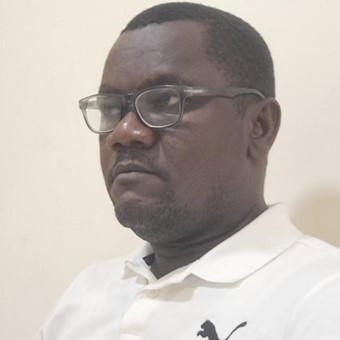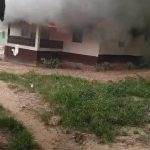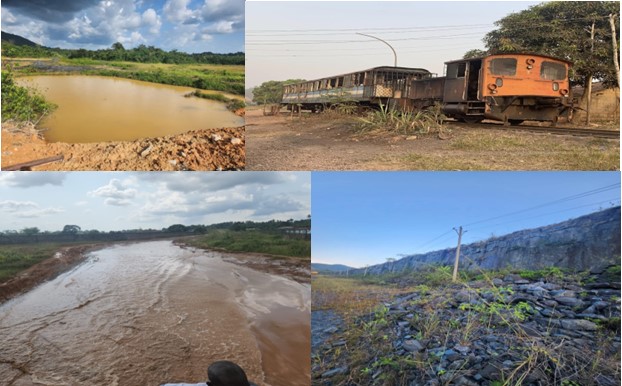By Eddison Pico Smith, eddisonsmith300@gmail.com
Infrastructure development is often associated with improved connectivity, enhanced services, and economic growth. This article explores the hidden riches behind infrastructure development and sheds light on the transformative power it holds for societies.
Infrastructure development is the backbone of economic growth as it improves access to basic services, creates jobs, and boosts business. Recent investments in the energy infrastructure in Liberia such as the rehabilitation of Mt. Coffee and, the construction of the CLSG transmission lines, and power stations have helped increase the generation capacity and provided a stable electricity supply which has in turn stimulated economic growth by making Liberia attractive to investors, supporting businesses, and creating new employment opportunities. Investments in the Freeport of Monrovia and other ports around the country have enhanced the country‘s trade capabilities. It has also facilitated the growth of various economic sectors such as agriculture, manufacturing, and mining.
Infrastructure development is cardinal especially at this time in Liberia for several compelling reasons, and the benefits it brings can have a profound impact on the country’s long-term growth and sustainable development. Some of these compelling reasons include economic growth and job creation, enhancing creativity, attracting foreign direct investment (FDI), and promoting trade and commerce. Over the last six years, the construction and maintenance of roads in Monrovia and across the country have created jobs in the beneficiary communities. Also, the construction of various educational centers, health care facilities, and water treatment plants across Liberia has created better access to essential services such as health care, education, and water. Infrastructure in Liberia has also contributed to social development by enhancing access to basic amenities and improving the quality of life for its citizens. The Monrovia to Ganta – Guinea border and Sanniquellie to Logatuo highways have also fostered regional integration, and cooperation, and promoted trade and commerce by enhancing connectivity with Guinea and Ivory Coast.
However, the lack of investment in infrastructure development in Liberia will impede progress made in growing the Liberian economy, exacerbate poverty, and make the country more vulnerable to various challenges, hampering social and economic advancement. Without proper infrastructure like roads and electricity as is the case in Gbarpolu, Lofa, and some parts of southeast Liberia, businesses are struggling to operate efficiently, and this is hindering economic growth and limiting job opportunities. Also, inadequate infrastructure in some parts of the country has made it challenging for those communities to access basic services like health care, education, and clean water, exacerbating poverty levels. A lack of investment in infrastructure will also hinder connectivity with other countries in the sub-region and this may hinder regional integration efforts in the MRU and ECOWAS sub-region. Inadequate roads, ports, and airports during the years following Liberia’s civil conflict impeded the movement of goods and people, negatively impacting trade, tourism, and overall economic growth.
In conclusion, investment in infrastructure development in Liberia is crucial for the country’s progress and well-being. By improving access to electricity, healthcare facilities, schools, and clean water, the Liberian population can benefit from enhanced quality of life and increased opportunities for social and economic advancement. Moreover, investing in infrastructure will make Liberia more resilient to natural disasters attract foreign investments, create job opportunities, and stimulate economic growth. Therefore, it is highly recommended that the government of Liberia prioritize infrastructure development through strategic investments and partnerships to ensure a sustainable and prosperous future for its people.







